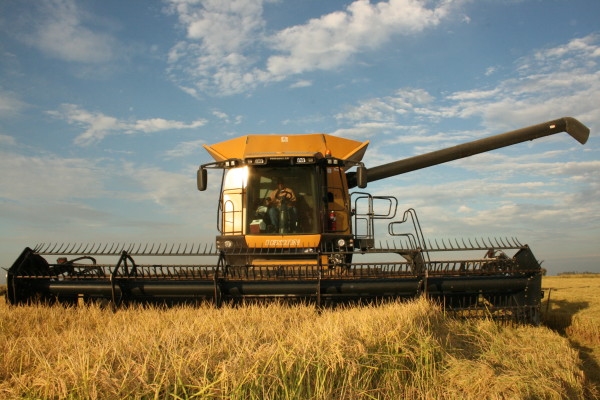What is a Cooperative

Agricultural marketing cooperatives are cooperative businesses owned by farmers, to undertake transformation, packaging, distribution, and marketing of farm products. A farm does not always have the means of transportation necessary for delivering its product to the market, or else the small volume of its production may put it in an unfavorable negotiating position with respect to intermediaries and wholesalers. A cooperative acts as an integrator, collecting the output from members, undertaking manufacturing, and delivering it in large aggregated quantities downstream through marketing channels.
Cooperatives as a form of business organization are distinct from the more common investor-owned firms (IOFs). Both are organized as corporations, but IOFs pursue profit maximization objectives, whereas cooperatives strive to maximize the benefits they generate for their members (which usually involves zero-profit operation). While the economic benefits are a strong driver in forming cooperatives, it is not the sole consideration. In fact, it is possible for the economic benefits from a cooperative to be replicated in other organizational forms, such as an IOF. An important strength of a cooperative for the farmer is that they retain the governance of the association, thereby ensuring they have ultimate ownership and control. This ensures that the profit reimbursement (either through the dividend payout or rebate) is shared only amongst the farmer members, rather than shareholders as in an IOF.
